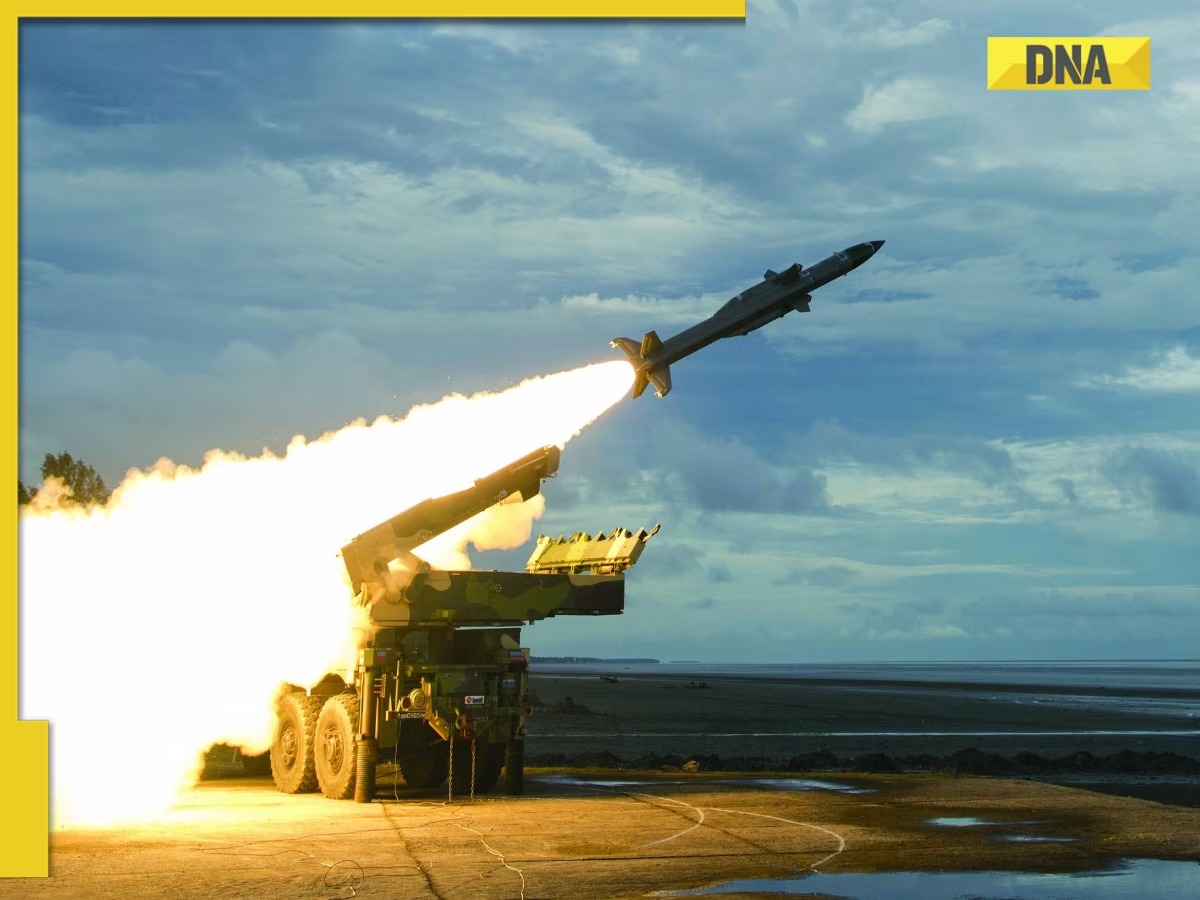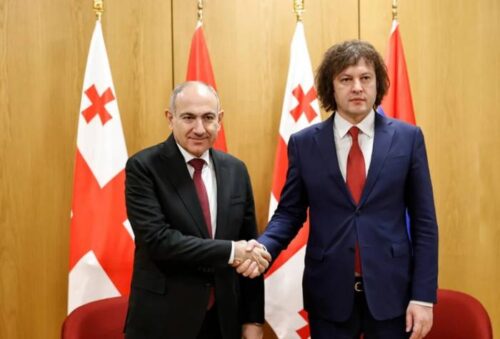
India soon to supply weapons to Armenia to punish Azerbaijan and Turkey, says DNA India
In what may be called a strategic move, keeping in mind the changing geopolitical ground realities, India will soon supply its surface-to-air missile system Akash-1S to Armenia, for which the treaty was signed way back in 2022. But, Akash is not the only weapon that New Delhi will sell to the Caucasian country; there is a wide range of weapons from howitzer guns to anti-tank rockets to anti-drone equipment, DNA India writes. As noted, India may soon replace Russia as the biggest arms supplier to Yerevan. It is significant in the wake of the recent India-Pakistan escalation, where Azerbaijan chose to back Pakistan.
The website writes that New Delhi’s decision to reach out to Armenia is an attempt to gain a foothold in the Caucasus region, where India has never existed.
After Yerevan signed a defence deal with India in 2020, it placed an order for 15 Akash missile systems in 2022 for $720 million, becoming the first foreign buyer of the system. New Delhi will also sell Pinaka multiple-launch rocket systems to Armenia. The military cooperation between the two countries continued and the former Soviet Republic became the largest importer of weapons from India.
The two countries signed more defence deals in 2023 and India offered multiple launch rocket systems, anti-tank rockets, and ammunition to the South Caucasian nation. Yerevan deployed a military attache in 2023 to coordinate existing defense programmes between the two countries.
Russia was Armenia’s largest arms supplier from 2011 to 2020. According to the Stockholm International Peace Research Institute (SIPRI), Russia sold Armenia Iskander short-range ballistic missiles with an estimated range of 300 kilometers in 2016 and four Su-30SM combat aircraft in 2019.
As noted, however, India-Armenia relations are more than arms sales. It deepened further in 2020 when the Azerbaijani enclave of Nagorno-Karabakh erupted once again. In an attempt to be in sync with Turkey, Pakistan supported Azerbaijan. Armenian Prime Minister Nikol Pashinyan alleged that Pakistani troops were fighting against Armenia, collaborating with the Azerbaijani Army in Karabakh. Islamabad rejected the allegation, calling it baseless.
Earlier in 2017, Pakistan signed a tri-lateral treaty with Turkey and Azerbaijan.
The recently held India-Pakistan clashes in the wake of the Pahalgam terror attack, have further deepened the fault lines. India is holding talks for a free trade agreement with Eurasian Economic Union (EAEU). On the other hand, Pakistan may move closer to Turkey so that it could claim a better position in the politics of Islamic World. This may further push Armenia away from Pakistan.



